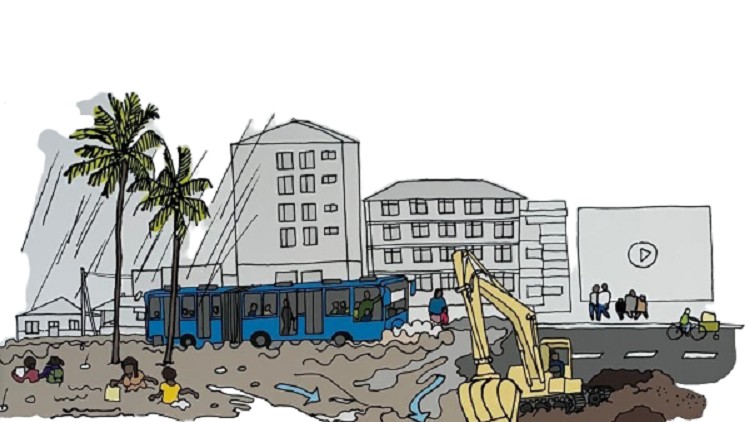
FLOOD RISK REDUCTION AND MANAGEMNT
What you will learn
Knowledge of flood risk and management in urban settings in Low-Income Countries (Dar es Salaam, Tanzania).
Getting concrete experiences of the adverse effects of floods on households
Gaining insights from people about flood risks and management initiatives at the community level
Skills to engage experts in disaster management (academics and researchers) about practical measures for preventing and managing floods in Urban settings
Skills of engaging stakeholders working in environmental and climate change
Skills to engage citizens who are victims of floods in cities (Dar es Salaam). These engagements will be used as case studies in the developed modules
Why take this course?
This Massive Open Online Course (MOOC) focuses on Developing MOOCs about flood risk reduction and management for sustainable cities in Tanzania. Floods are one of the natural disasters that lead to adverse impacts on millions of people every year across the world. In the towns of Dar es Salaam, St. Louis, Addis Ababa, Ouagadougou, Beira, Lagos, and Maputo, floods have led to damage and halting of urban mobility, eruption of epidemics, damage of human settlements, and water pollution. With climate change, rapid population growth, and urban expansion rising, urban communities’ flood vulnerabilities are also expected to increase. These floods disproportionately affect the poorest urban residents, especially those living in informal, low-lying, and high-density areas. Informal settlements are more likely to be located in hazardous areas such as flood zones, and the residents living there lack essential services and infrastructures that can exacerbate flood impacts. This calls for developing risk reduction strategies to improve living conditions of urban places prone to floods, as well as the development of sustainable management policies and practices. The United Nations agencies recognize Dar es Salaam as a flood risk city where floods occur perennially. The floods of 2011, for instance, led to enormous loss of life and property, made houses inundated and unlivable for weeks, damaged mobility infrastructure, and the emergence of the cholera epidemic. Despite the occurrence of floods in Dar es Salaam, no developed MOOCs engage multidisciplinary actors in urban planning, urban governance, risk reduction, and management of floods as a disaster. This has made the existing anti-flood policies and practices unsustainable and for vulnerabilities to persist. This project seeks to influence change in practice and policy in risk reduction and flood management.